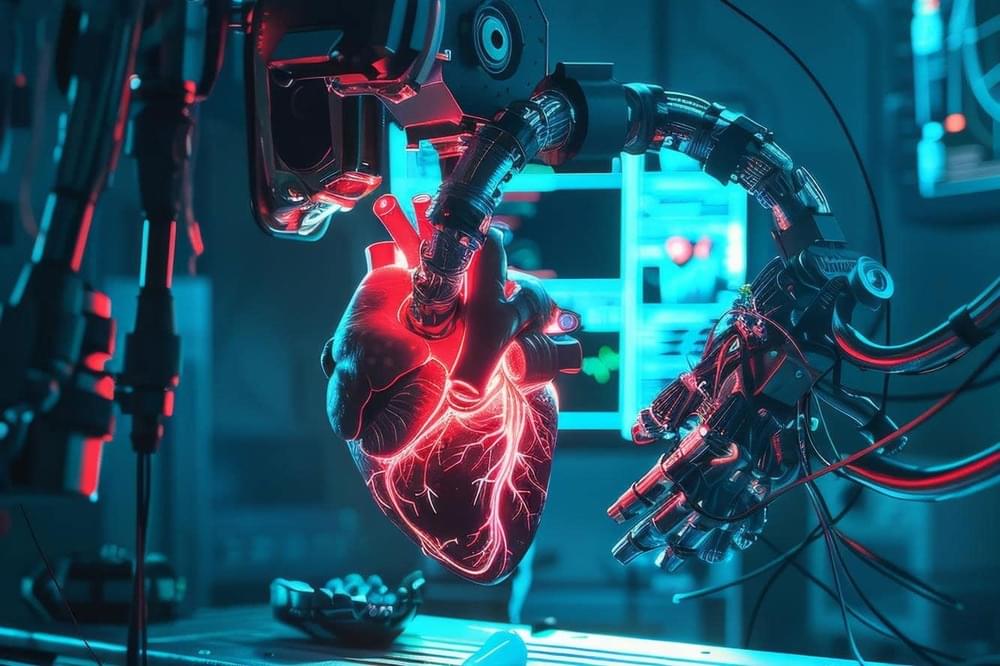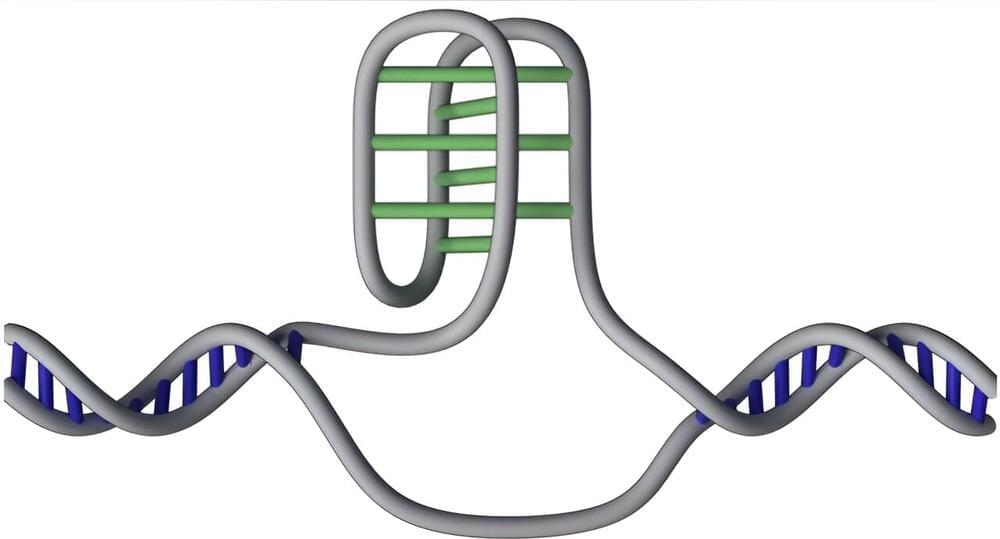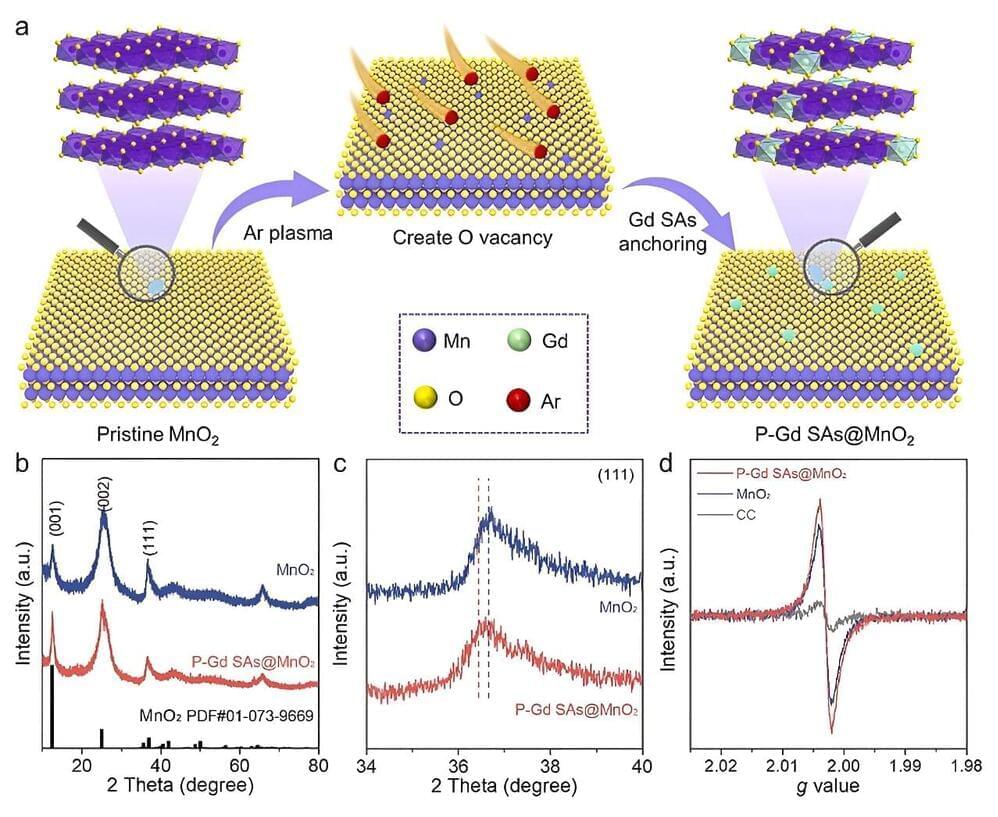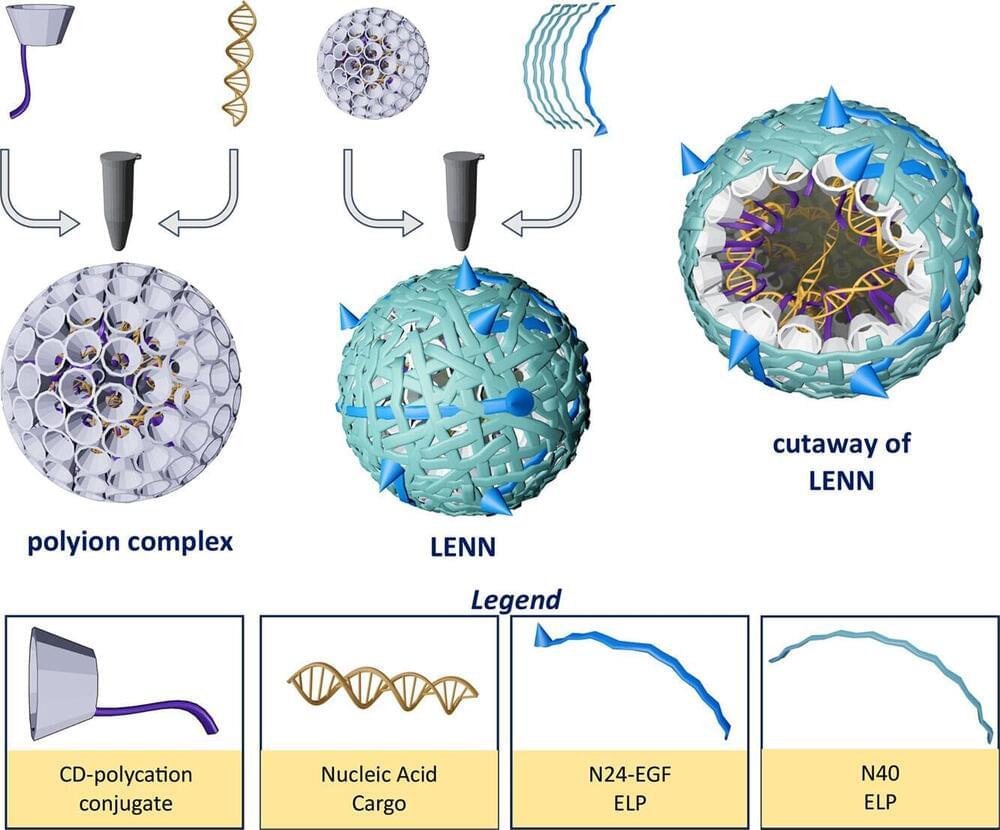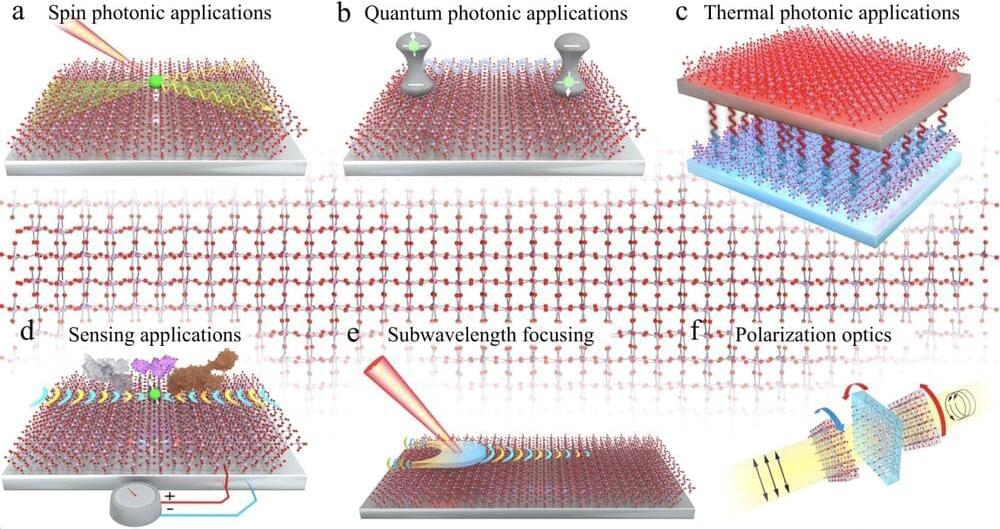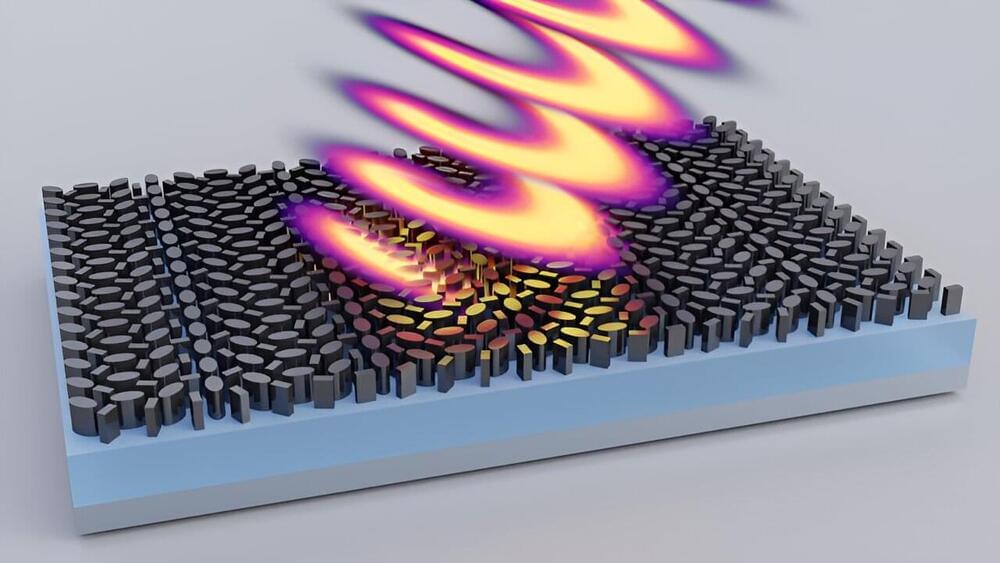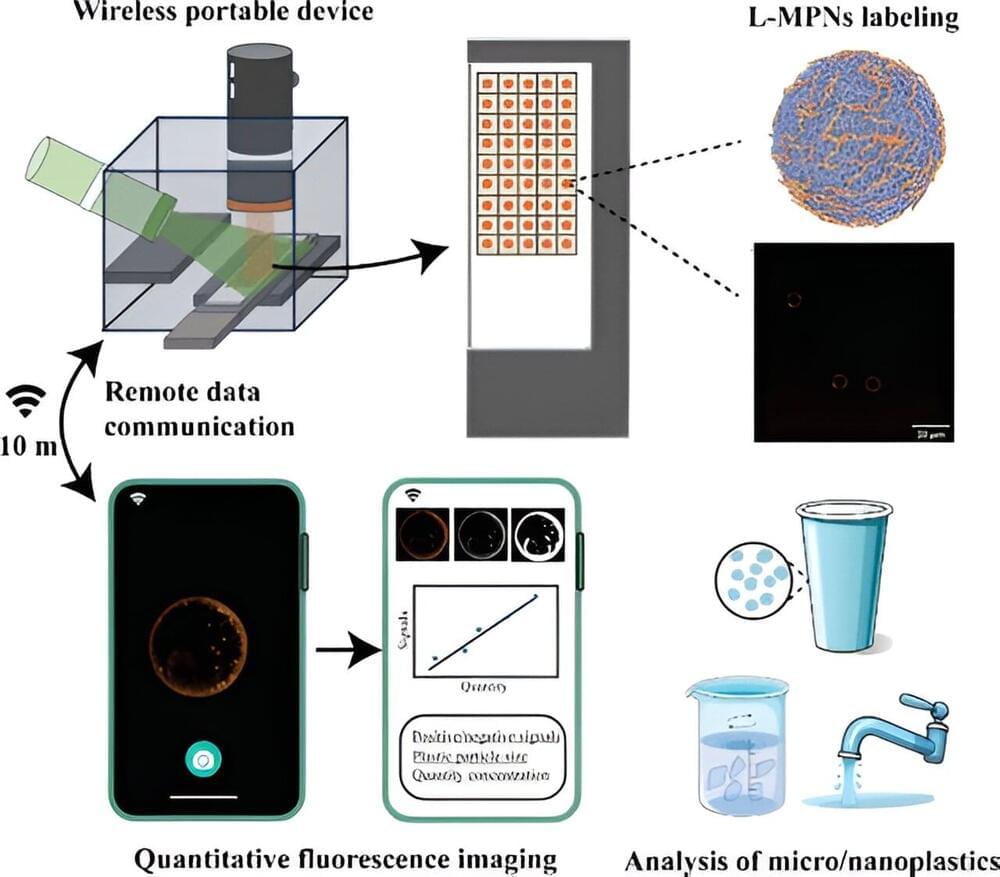We have to do this ❤️
Replacing research animals with tools that better mimic human biology could improve medicine.
By Rachel Nuwer
When it came time for Itzy Morales Pantoja to start her Ph.D. in cellular and molecular medicine, she chose a laboratory that used stem cells—not only animals—for its research. Morales Pantoja had just spent two years studying multiple sclerosis in mouse models. As an undergraduate, she’d been responsible for giving the animals painful injections to induce the disease and then observing as they lost their ability to move. She did her best to treat the mice gently, but she knew they were suffering. “As soon as I got close to them, they’d start peeing—a sign of stress,” she says. “They knew what was coming.”


